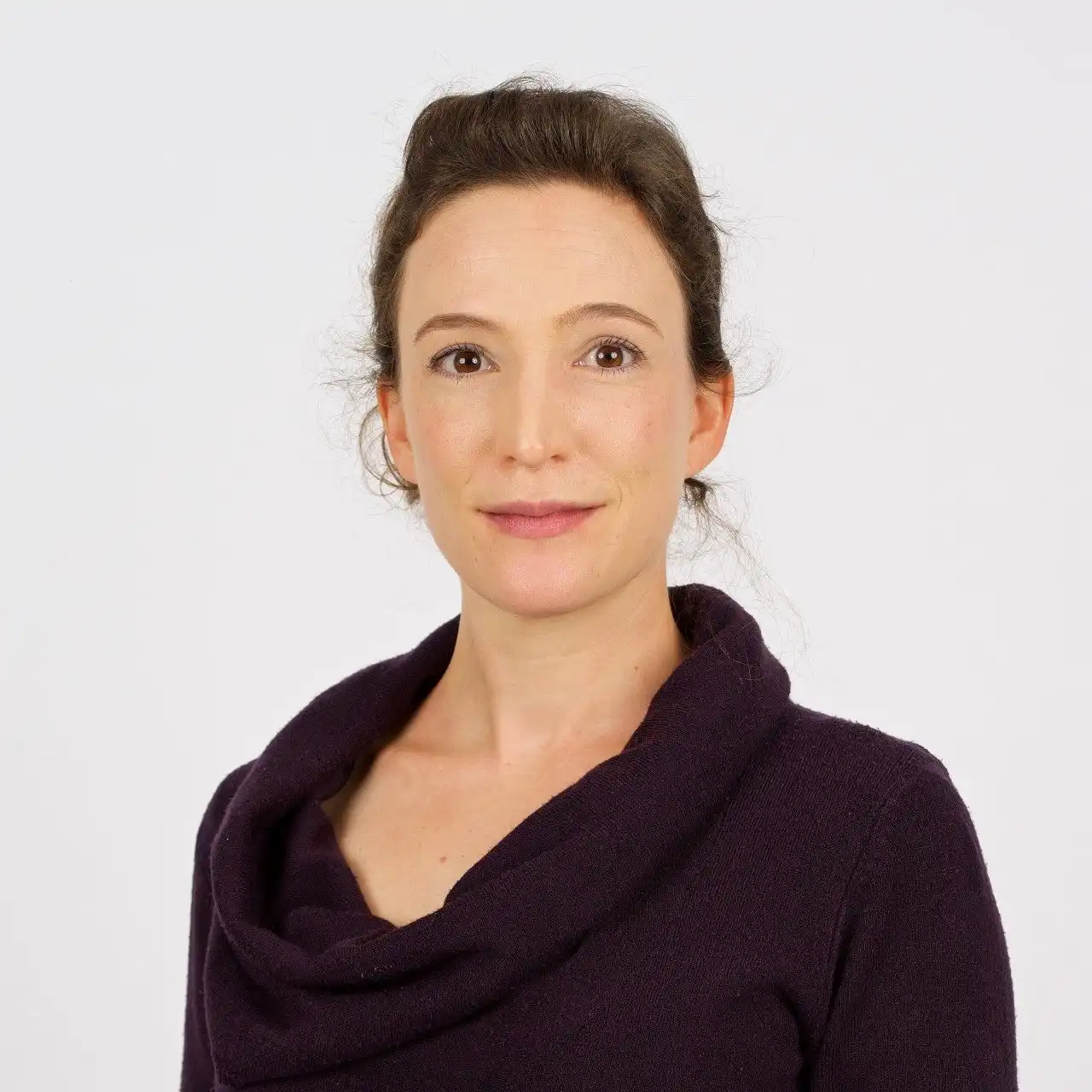Home>Arianne Ville, a sociologist meets Silicon Valley [february 2020]
11.02.2020
Arianne Ville, a sociologist meets Silicon Valley [february 2020]

For much of her time in academia and the workforce, Ariane Ville has been at the intersection of contrasting fields.
While receiving her master’s degree at Sciences Po, she also found the time to take courses at the School of the Louvre, complementing her education in political sociology with one in art. And now she works in Silicon Valley, one of the few trained sociologists working in the innovation economy.
That’s innovation consulting, to be exact. Ville consults with Fortune 500 companies to adapt their business strategies to the digital age. Her job is to ensure that clients, often incumbents in their vertical, understand the sources of potential disruption to their business models.
From her master’s at Sciences Po, to a Fulbright post-doctorate at the University of California Berkeley, to San Francisco, Ville has followed a non-traditional path for the students who pass through 27 rue St. Guillaume. Yet she explains exactly how her experiences are supported by the two-part, two-subpart exposés and the Sciences Po’s argumentative culture.
“It enabled us to keep our options open,” she said of her French alma mater.
Sciences Po taught her public speaking, analysis, and networking skills that would remain useful throughout academia and into her professional life in San Francisco.
There’s also the matter of her 300-page dissertation at Berkeley, which she later turned into a book. Writing it required the ability to understand, synthesize, and critique complex arguments.
But moving from academia to the world of innovation and technology proved a challenge. The chasm between the university, which values intellectual discovery and curiosity, and the tech industry, which puts a premium on value creation, is vast.
Ville understands better than most the headwinds that academics face in her area of work. She’s been told by interviewers that she’d find their line of work boring, and others assume that academics are slow. Perhaps worse, PhD programs are not considered professional experience.
But her example shows that bridging the gap remains possible, especially with a Sciences Po background.
In Ville’s case, coming from the academy was helpful and unhelpful. She benefitted from developing clear writing and presentation skills.
“Sciences Po was helpful to make the transition,” she said.
She learned the value of being able to pitch oneself. Public speaking is what Ville views as one of the most useful component of the Sciences Po curriculum. While American students learn those presentation skills early on, Sciences Po provides French students the opportunity to catch up. Today she frequently uses the public speaking skills she learned.
Her advice for students and young professionals focuses on the best way to find a job: Seizing opportunities to connect with people, continually learning new things, and never be afraid to inquire humbly.
These principles have been crucially important for her in San Francisco, which at first blush would seem to be a city unsuited for graduates of Sciences Po. But she recalls a recent event with her fellow alumni in the city.
“We had a debate, in the Sciences Po style, that went on and on.”